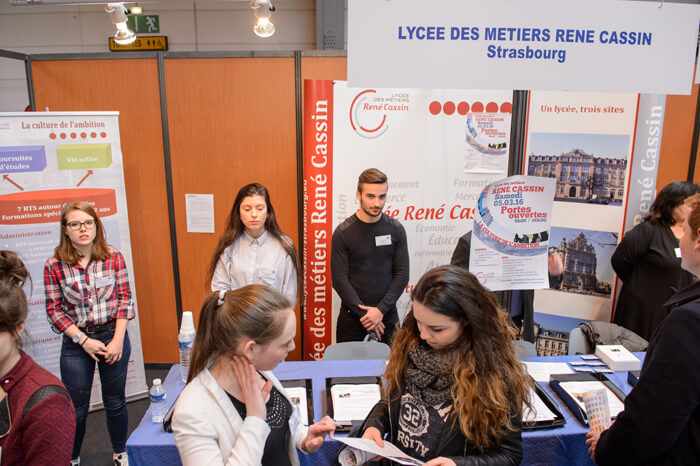
Most vocational theories seem to agree that vocational choice is developmental, a process. Further, most agree that personality factors both affect and are affected by vocational or career processes. Super's conceptualization of the vocational process, simply stated, is that an individual's occupation provides a role that is appropriate to his self-concept. Vocational choice is the translation of self-concept into occupational terms.
Roe's theory sought to relate Maslow's need hierarchy to vocational development by examining the relationships between parent and child that generate needs, attitudes, and interests influencing vocational choice. Holland set up personality conditions that sought satisfaction and matched them to corresponding occupational environments that provided satisfaction. The reality of the rapidly changing environment as it affects the individual and the occupational world is not adequately dealt with in most vocational theory. This issue is, as Barry and Wolf point out, merely a corollary included in most theories and does not occupy the position of prominence that Toffler demands. Toffler adds a new dimension to the concept of developmental process-speed of transience:
What is future shock? It is the dizzying disorientation brought on by the premature arrival of the future. It is culture shock in one's own society. Toffler demonstrates the accelerated thrust of change. A profile of some of the factors reflecting this speeded change with its radical impact on man and society has been constructed (from Toffler's writings) by Joseph Luft, as follows:
- Population. The time required to double the world's population has dropped from 1,000,000,000 years to 1,000 years, to 200 years, to 80 years, until now. At present accelerated rate of population growth, the earth's population will double in 35 years.
- Production. The GNP of goods and services in the 21 advanced nations of the world is doubling every decade and a half.
- Scientists. Between 85 and 95 percent of all scientists who ever lived, are alive in 1970.
- Energy. Approximately half of all the energy consumed in the last 2,000 years was consumed in the last 100 years.
- Speed. The top speeds of transportation never exceeded 20 MPH until the mid-nineteenth century. Rockets now take man at over 20,000 MPH and commuter speed for many exceeds the speed of sound.
- Innovative. The innovative cycle between a new idea and its application has shortened from as much as a millennium to a few years. Combinations of inventions, including those using computers, have drastically speed up new inventions.
- Moving. Approximately 36,000,000 people move from one place to another each year in the United States.
- Books. In four and a half centuries the publication of new books has increased from 1,000 a year to 1,000 a day.
- Scientific literature. The number of journals and articles appears to be doubling every 15 years, with current output of some 20,000,000 pages per year.
- Information. The number of words and ideas taken in daily by the average adult from newspapers, magazines, radios, and television has risen sharply, and new technologies to increase the speed of information flow proliferate at a rapid rate.
Life Style
Life style is a major component in vocational development. In the rapidly accelerating, kaleidoscopic world of tomorrow/today, Toffler posits that life style is no longer tied to class position. Rather, it is one's ties to sub-cults that determine life style. Moreover, the multiplicity of sub-cults in society has brought an explosive multiplicity of life styles. This is further complicated by the rather free movement between sub-cults, of which the drop-out and drop-back-in syndrome is an example. This movement and identification with groups condition the choices an individual makes in his daily life.
Being bombarded by information and lured by multiple sub-cults and life styles in the mass media and through transient relationships results in more and more people adopting and discarding life styles at a rate that would have staggered the members of any previous generation. The life style itself has become a throw-away item. Essentially, this is a theory that takes into account discontinuity. If people are shopping around for life styles, how much investment of self are they willing to make in their temporary "selves"?
This way of thinking about life style and self-concept poses relevant questions for counselors and vocational theorists. We must, says Toffler, confront the agonizing problems of individual integration. Stability of self-concept is threatened by constant reality testing and by coping strategies that call for multiple identifications and less investment of self in the throw-away life style. As Toffler uses the term future shock, he is precisely talking about adaptive breakdown, sequential, serial selves, a rush for variety, choice, and freedom converging head-on with transience and diversity in time and space. Occupational choice, if we are in agreement with Super, would seemingly require consistency or stability of awareness of both self and reality. The bases of choice become indistinct in so ephemeral and temporal an environment as Toffler projects will be the case in the future.
